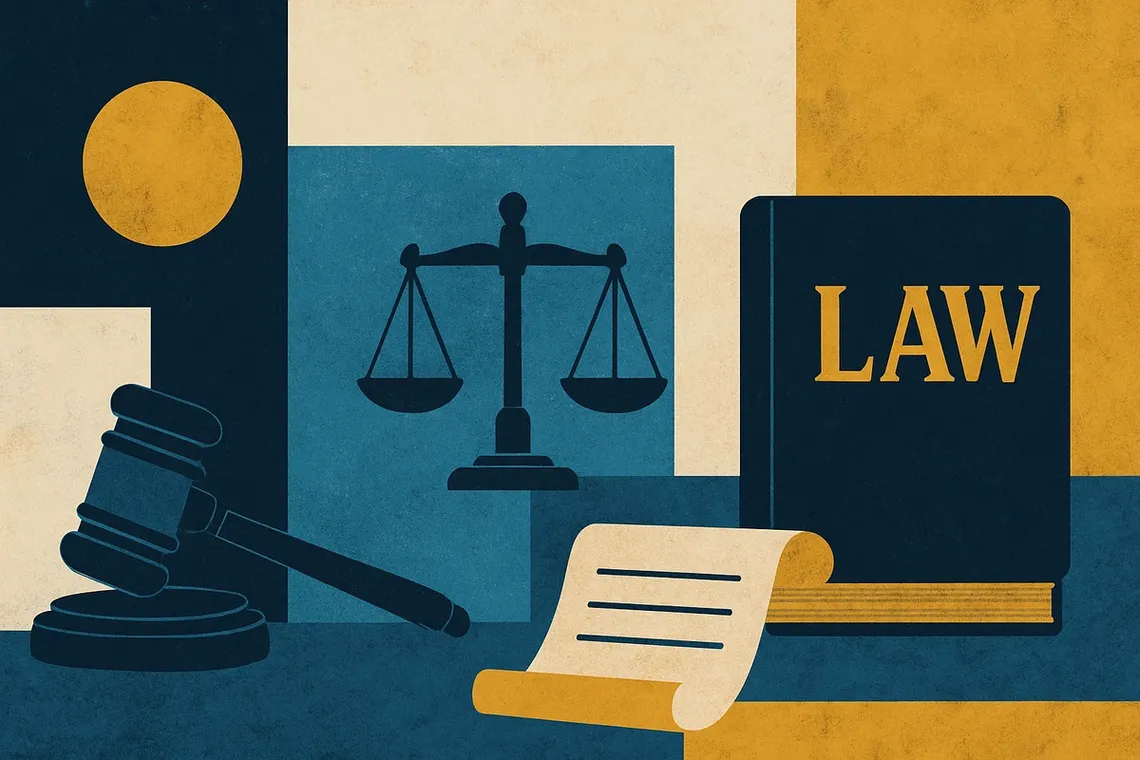Q. How can we guard against liability related to church discipline?
3 min read

A. Create a discipline policy to which leaders, members, and attendees agree to adhere.
You can't ignore church discipline when establishing your risk management policies. Litigation is on the rise, but you can take steps to help minimize legal problems.
You should work with legal counsel to:
Develop a church discipline policy that fits your church's doctrinal beliefs, ecclesiastical structures, and spiritual goals as well as your local legal climate.
Ensure your church bylaws require your leaders, members, and regular attendees to comply with the discipline policy.
Develop a notice form to give to members and regular attendees briefly explaining your church's discipline policy.
Avoid taking disciplinary action against anyone who is not clearly and voluntarily affiliated with the church.
Recommended Resources
Learn more about this issue in our article Avoiding Lawsuits Arising from Church Discipline.
The Discipline of Nonmembers by Richard R. Hammar, J.D., LL.M., CPA, © Copyright 1999 by Church Law and Tax Report.
Church Discipline and the Courts by Lynn R. Buzzard & Thams S. Brandon, Jr. Tyndal House Publishers, 1987.
The Law of Church and State in America, Vol. 1, pp. 162-73, by Dean M. Kelley, 2008.
The information we provide is intended to be helpful, but it does not constitute legal advice and is not a substitute for the advice from a licensed attorney in your area. Accordingly, no attorney/client relationship is created through this process, and no legal advice will be provided. We strongly encourage you to regularly consult with a local attorney as part of your risk management program.